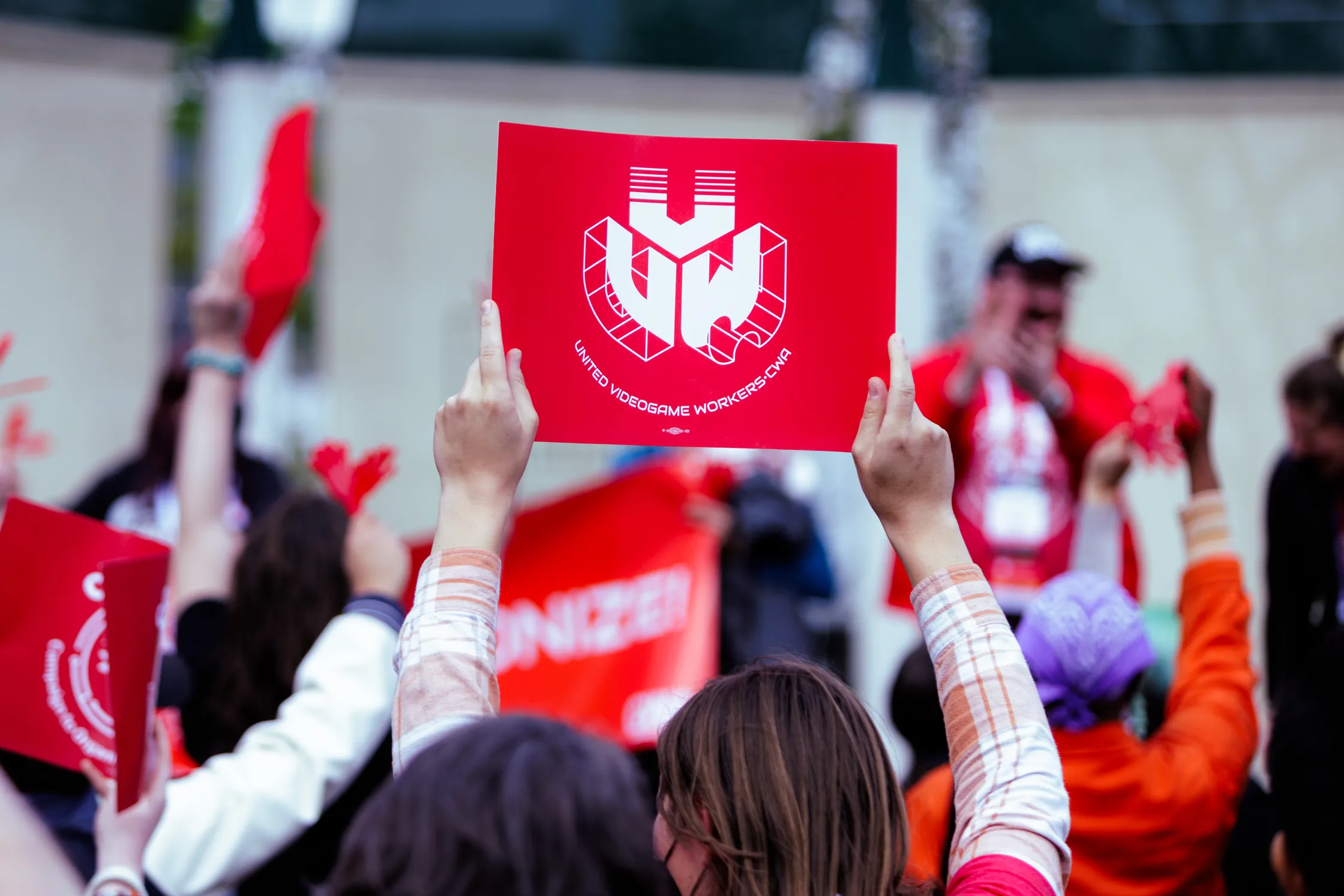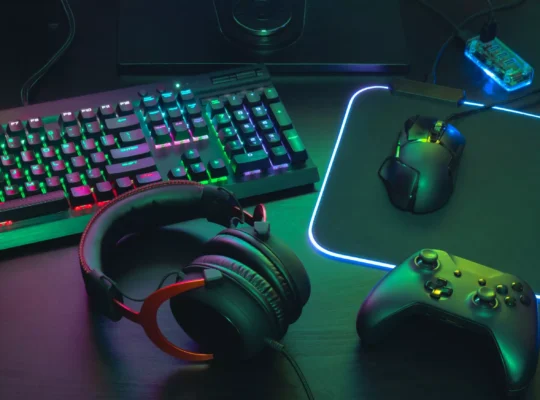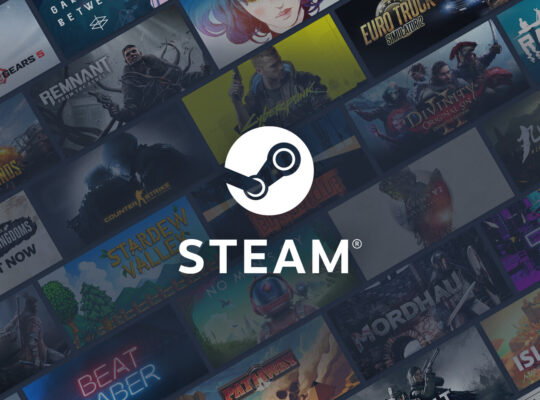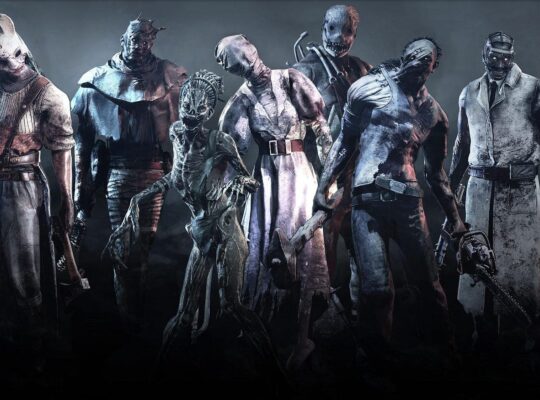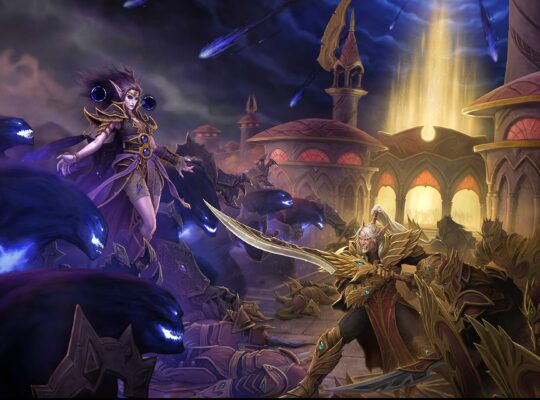Independent Workers’ Union Emerges to Challenge Precarious Labor Practices in Gaming
In a historic move for the video game industry, over 445 workers across the United States and Canada have joined the newly formed United Videogame Workers (UVW) union as of April 2025. The initiative comes in direct response to a surge in mass layoffs, overwork, and lack of job security that have plagued game developers in recent years.
The UVW is an independent, worker-led union that functions outside of the U.S. National Labor Relations Board (NLRB), giving it broader reach across North America and the ability to organize freelancers, contractors, and remote workers. Its founding members include employees from both AAA studios and indie developers, many of whom have experienced first-hand the volatile nature of the gaming labor market.
Industry Crisis Fuels Organizing Momentum
The creation of the UVW follows a tumultuous 2024 during which more than 10,000 game developers were laid off, including high-profile cuts from Microsoft, EA, and Ubisoft. Despite the industry’s growing revenues and expanding player base, labor protections have lagged behind, with workers often facing intense crunch periods, sudden project cancellations, and minimal severance support.
“Video game workers have been hit hard over the last few years, and we’re seeing the cracks in the system,” said one organizer, speaking anonymously. “We’ve realized we can’t rely on corporate goodwill to protect us anymore.”
Beyond Traditional Union Models
Unlike other game worker unions such as Game Workers of Southern California or campaigns backed by the Communication Workers of America, the UVW operates independently of federal labor frameworks. This allows it to adopt a more flexible approach, focusing on community-building, direct action, and mutual aid rather than the slow processes of formal collective bargaining.
UVW organizers emphasize that their strategy is not just about negotiating contracts but also about changing the culture of the industry. Their goals include securing fair hiring practices, eliminating unpaid overtime, improving access to healthcare, and ensuring equitable treatment of marginalized workers.
A Response to Wider Political Climate
The timing of the union’s formation also reflects concerns about weakening labor protections under the current U.S. political climate. Organizers fear that a return to power by Donald Trump or continued right-wing legislative efforts could erode gains made in workplace organizing across tech and media sectors.
By forming an independent and cross-border union, UVW seeks to preempt potential legal restrictions and build solidarity across the industry. “We need to be ready for the next wave of changes, whether economic or political,” one founding member said. “We’re not just reacting—we’re building something that can last.”
An Uncertain Future, but Rising Hope
While the UVW has not yet announced any formal actions or negotiations, its rapid growth signals a shift in how video game workers see their role within the industry. As more developers face instability, the appeal of a collective voice is growing stronger.
The union’s emergence marks a significant milestone for labor activism in gaming—an industry long known for its passion but marred by precarious employment practices. As the UVW begins to organize and expand, its success could inspire similar efforts globally and help reshape the way the business of making games is done.


